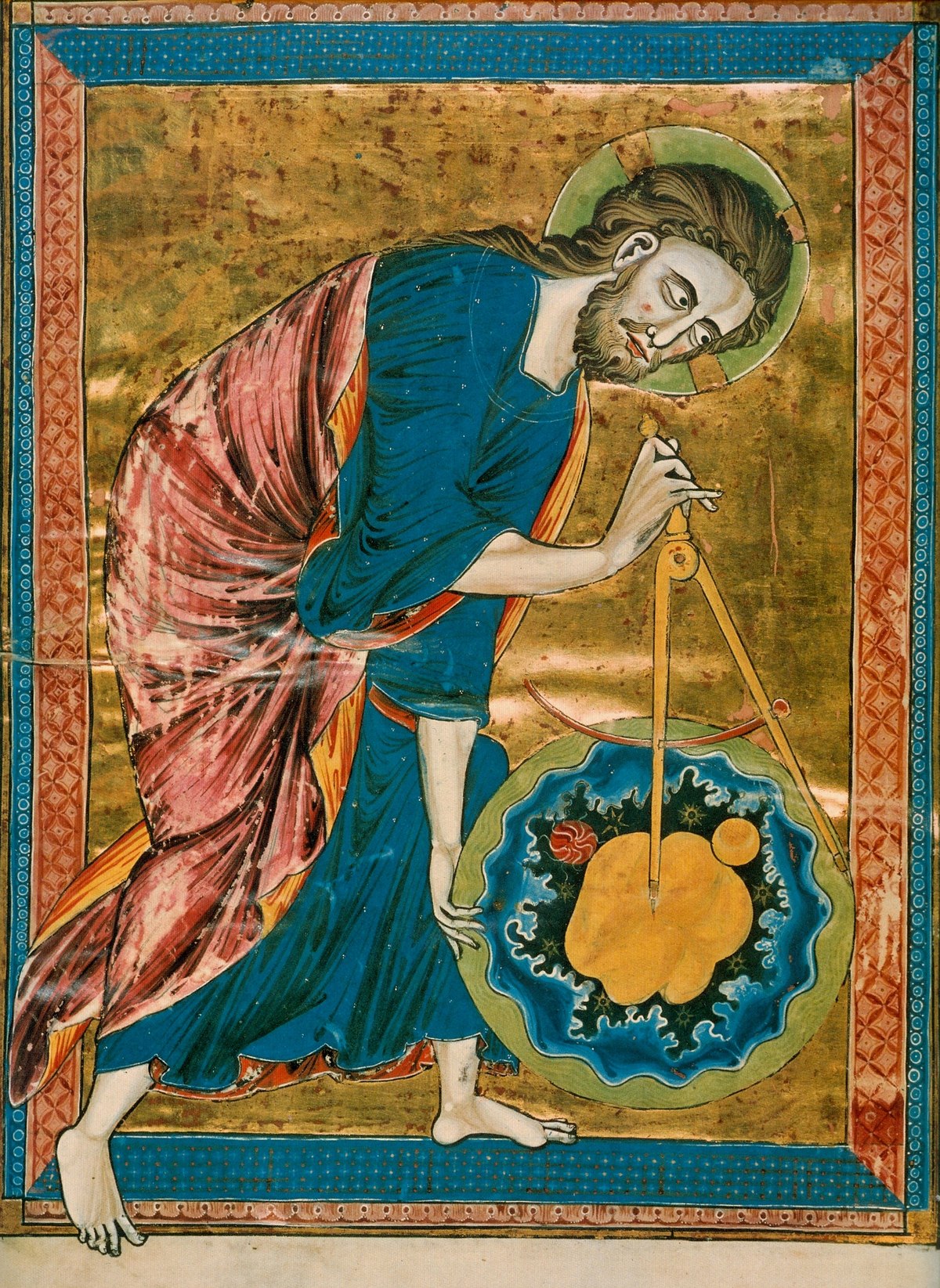
The Relationship between Religion and Science
Introduction
The relationship between religion and science is a complex and multifaceted topic that has been debated for centuries. The ancient and medieval worlds did not conceive of "science" or "religion" as distinct concepts in the modern sense, but certain elements of modern ideas on the subject recur throughout history.
Historical Perspectives
- Pre-Scientific Era: Ancient pagans, Muslims, and Christians engaged in scientific inquiry, and Christian thought emphasized natural explanations.
- Middle Ages: St. Augustine and Thomas Aquinas saw compatibility between religion and science, but some conflicts arose, such as the Galileo affair.
- Modern Era: Philosophers and scientists like John Locke, Isaac Newton, and Charles Darwin challenged traditional religious beliefs, leading to the rise of conflict theories. However, historians now reject these theories in their original form and emphasize the interplay between religion and science.
Perspectives
- Conflict: Religion and science are inherently opposed, leading to a "warfare" between them.
- Independence: Religion and science are separate spheres, addressing different aspects of human experience.
- Dialogue: Religion and science can engage in productive conversations, identifying areas of overlap and potential synergies.
- Integration: Religion and science are deeply intertwined, and religious beliefs can motivate scientific inquiry.
Individual Religions
- Baháʼí Faith: Harmonizes religion and science, emphasizing the importance of both.
- Buddhism: Compatible with science, focusing on causality and the nature of reality.
- Christianity: Historically, Christianity has influenced both the rise of science and conflicts with it.
- Hinduism: Offers a wide range of perspectives on the relationship between religion and science, including compatibility and support for evolution.
- Islam: Science is a part of Islamic thought, and many Muslim scholars have made significant contributions to science.
Surveys
- Scientists: A significant number of scientists worldwide have religious affiliations, indicating that there is no inherent conflict between the two.
- General Public: Perceptions of the relationship vary among different cultures and demographics. Some studies show positive correlations between religious beliefs and favorable attitudes towards science.
Conclusion
The relationship between religion and science is a complex and dynamic one that has evolved over time. While there have been periods of conflict, there is also a significant history of cooperation and mutual influence. Today, many scientists and religious believers see their pursuits as complementary and enriching.